The World Free Zones Organization (World FZO) is building on the unprecedented online success of its sixth Annual International Conference (AICE) last April by staging a unique online tentpole event over 15 to 17 September titled ‘New World Model – the Future of Industry’ (NWM).
Free zones are set to play a strategic part in the post-pandemic recovery as distinctive instruments in global trade. This role will only grow as the world adjusts to new business dynamics and shorter supply chains. The NWM will host C-suite executives, global decision-makers, and acclaimed industry experts across discussion panels, live webinars, networking vectors, and a virtual exhibition space. Together, they will explore new business models free zone stakeholders can deploy to survive and thrive in the new post-pandemic environment.
Dr. Mohamed Alzarooni, Chairman of the World FZO, stated that, “while many similar webinars and online discussions are already taking place, the NWM is the only interactive event focused on free zone stakeholders and their role in the global recovering economy.” He went on to explain that “the World Free Zones Organization is constantly adapting to support its free zone members and wider network. This is why the NWM offers a combination of live discussions, crafted video content, interactive tools, and a virtual exhibition space to deliver the most finely tuned business intelligence from the best industry experts worldwide.”
The NWM will feature 10 curated industry panels focused on key sectors most affected by the pandemic crisis, including aviation, automotive, healthcare, energy, and manufacturing. These panels will examine in detail the major lessons drawn from the crisis, the different solutions available to free zone stakeholders going forward, and the broad strategies most likely to succeed in the post-pandemic landscape of each sector.
A series of live webinars will complement these panels with audience interaction around topics focused on operational essentials, efficient finance, clean trade, digital infrastructure, and customs border management. Networking tools will allow registered attendees to meet and connect with each other, while a dedicated virtual exhibition space will enable companies to showcase their credentials to visitors. Combined with exclusive announcements from the World FZO management team, the NWM will channel the most pertinent intelligence for free zone authorities and companies worldwide to overcome future industry challenges.
Dr. Mohamed Alzarooni defined the NWM as “the perfect balance of curated expert interviews, live webinar interactions, and virtual interactive space. This holistic digital experience will deliver significant actionable knowledge to steer free zone operators, authorities, and companies through this crisis and into a different, more sustainable business model.”
The United Arab Emirates, where the World FZO has been headquartered since 2014, has led the way in their management of the pandemic spread with clear guidelines and solid resources management. From financial support for endangered companies to reskilling programs for affected individuals, the country has pioneered plans to shorten the recovery cycle and preserve reliable frameworks for businesses to recover. The NWM will leverage such success stories to enable businesses globally to apply insights from such effective public and private sector initiatives. The resulting positive impact on resilience in business and social frameworks will enable a faster, more lasting, and more robust recovery across the world.
Since the World FZO was created in 2014, it has worked tirelessly to help free zones enhance their services and deliver more value to all their stakeholders, from their host economies to their member companies. As free zones continue to channel a growing share of global trade, events like the NWM offer new ways to explore the free zone business model and adapt it to a new global post-pandemic landscape. “This digital event experience is our contribution to the world’s economic recovery,” stated Dr. Mohamed Alzarooni, “so that as many private and public sector entities can benefit from the expertise of leaders in their field as they work to build new operational dynamics into their business affairs and new resilience into their business models.”



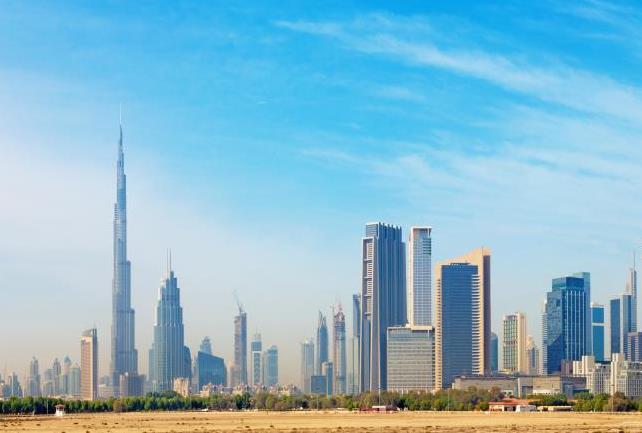
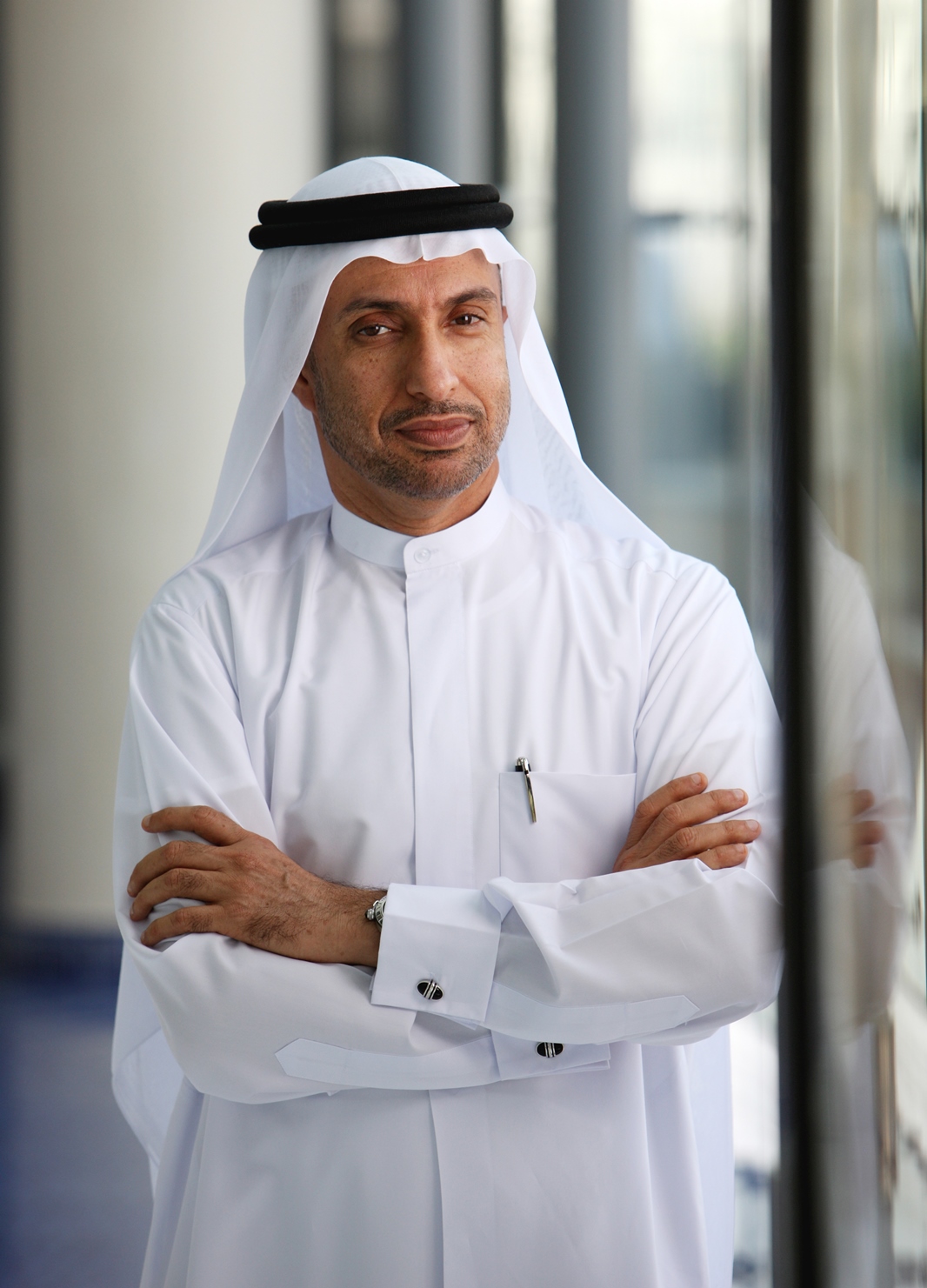
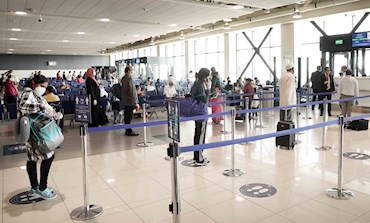
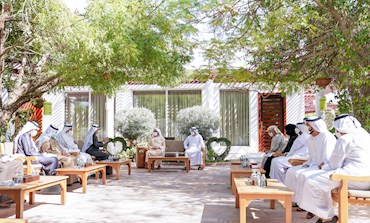
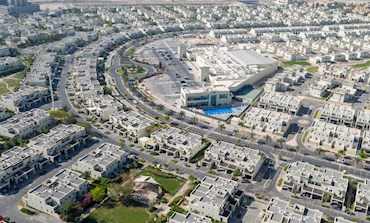

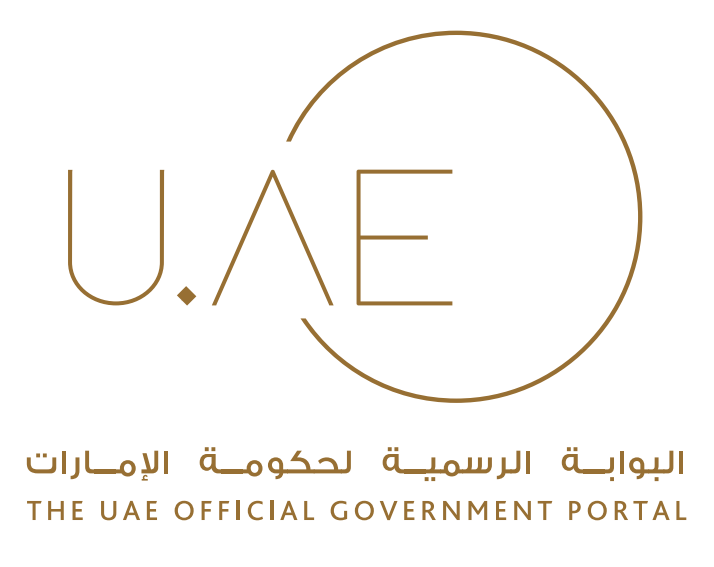
 For an optimal experience please
For an optimal experience please